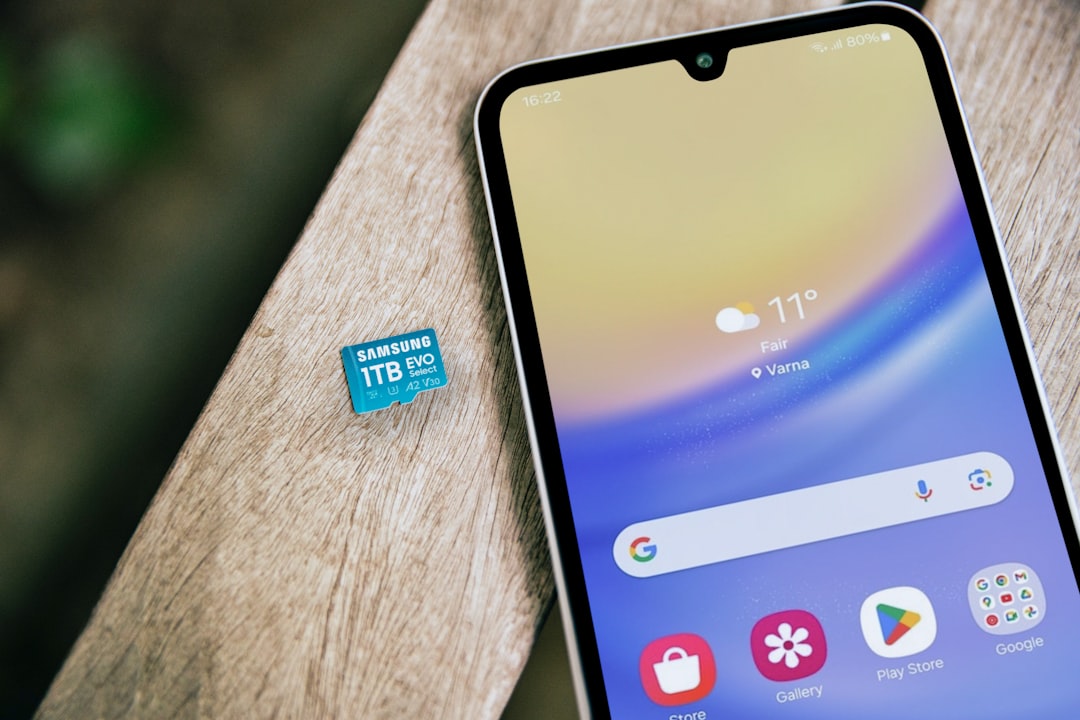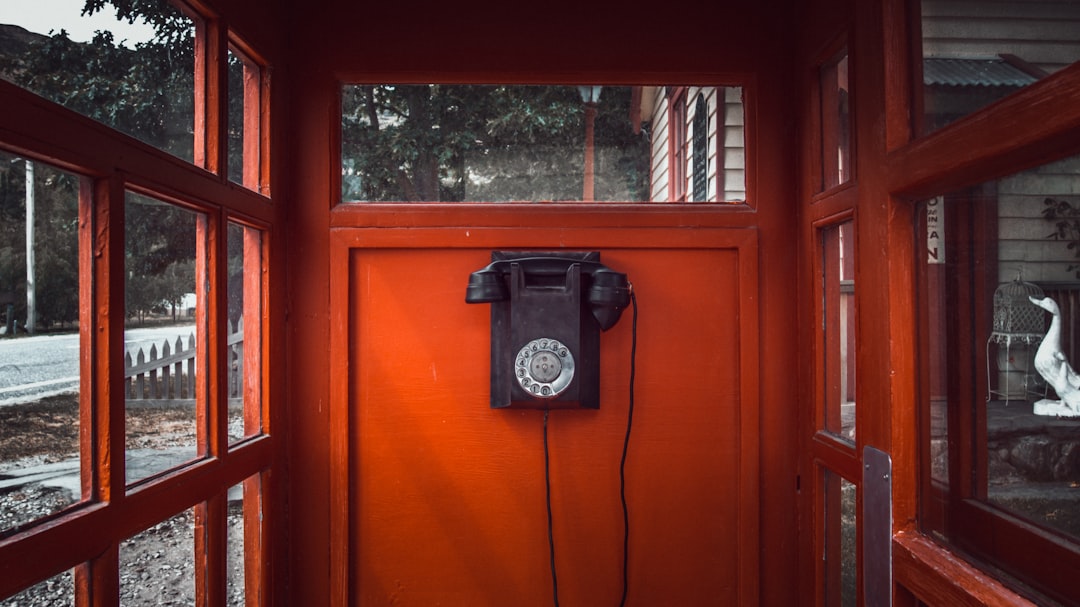New Jersey's Do Not Call Laws, enforced by the Division of Consumer Affairs, protect residents from unwanted telemarketing calls. Businesses must obtain prior explicit consent or face significant fines. Residents can register on the state's list to block most marketing calls, with exemptions for charitable organizations, political campaigns, and pre-existing relationships. The laws rigorously curb intrusive calls while allowing legitimate communication.
New Jersey’s Do Not Call Laws protect residents from unwanted telemarketing calls, offering a much-needed respite from persistent sales pitches. This comprehensive guide explores the state’s restrictions, ensuring businesses and consumers alike understand their rights and responsibilities. From identifying covered entities to exceptions and enforcement mechanisms, we break down the key aspects of New Jersey’s Do Not Call Laws. By understanding these regulations, residents can enjoy a quieter line and make informed choices regarding their privacy.
Understanding New Jersey's Do Not Call Laws

New Jersey’s Do Not Call Laws are designed to protect residents from unwanted telemarketing calls. These laws, enforced by the New Jersey Division of Consumer Affairs, give consumers the right to opt-out of receiving marketing phone calls at any time. Residents can register their numbers on the state’s Do Not Call list, which blocks calls from both automated and live telemarketers.
Understanding these regulations is crucial for businesses operating in New Jersey or targeting its residents. Failure to comply can result in significant fines. Consumers are encouraged to familiarize themselves with their rights and take active steps to protect their privacy by registering on the Do Not Call list, ensuring a quieter, more peaceful home environment free from intrusive telemarketing calls.
Who is Covered by These Restrictions?

New Jersey’s Do Not Call Laws protect residents from unwanted telemarketing calls. These laws apply to businesses engaging in outbound telephone solicitation, including sales or promotional calls, for products or services. Individuals and companies that make such calls must comply with strict regulations, ensuring residents’ privacy and peace of mind.
The restrictions cover all New Jersey citizens, regardless of age, and encompass both live operators and automated phone systems. This means that businesses are prohibited from making telemarketing calls to state residents without prior explicit consent. These laws are designed to strike a balance between consumer protection and business interests, fostering a safer and more controlled communication environment for New Jersey folks.
Types of Calls Restricted

In New Jersey, the Do Not Call Laws protect residents from unsolicited telephone solicitations, ensuring their privacy and peace of mind. These laws restrict various types of calls, including marketing and sales calls, from businesses or organizations aiming to promote their products or services. The restrictions are in place to prevent annoying and intrusive phone calls and give residents control over their communication preferences.
Under the Do Not Call Laws, calls that residents have not given explicit consent for are prohibited. This includes telemarketing calls from both local and out-of-state companies. Residents can register their numbers on the state’s Do Not Call list, which automatically blocks most marketing calls. Certain types of calls are exempt, such as those from non-profit organizations, government agencies, or when the resident has a pre-existing relationship with the caller.
Exclusions and Exceptions

Some calls are exempt from the restrictions imposed by New Jersey’s Do Not Call Laws. For instance, charitable organizations and political campaigns are allowed to contact residents with requests for donations or support. Additionally, businesses may reach out to individuals who have previously engaged in transactions with them, as long as the communication is related to those existing relationships.
Other exclusions include calls from debt collectors and companies offering financial services based on an individual’s creditworthiness. These organizations can call even if a consumer is listed on the Do Not Call list. However, they must comply with specific regulations, such as providing an opt-out option during the conversation.
Enforcing the Do Not Call Laws in New Jersey

In New Jersey, enforcing the Do Not Call Laws is a stringent process designed to protect residents from unwanted telemarketing calls. The state has established strict regulations that businesses and telemarketers must adhere to, ensuring residents’ privacy and peace of mind. These laws empower New Jerseyans to register their phone numbers on the official “Do Not Call” list, significantly reducing intrusive marketing calls.
The New Jersey Division of Consumer Affairs plays a pivotal role in overseeing and enforcing these regulations. They investigate complaints, conduct random audits, and levy fines on violators. This stringent approach aims to deter telemarketers from making unwanted calls and provides residents with a means to reclaim their time and personal space from intrusive marketing efforts.






